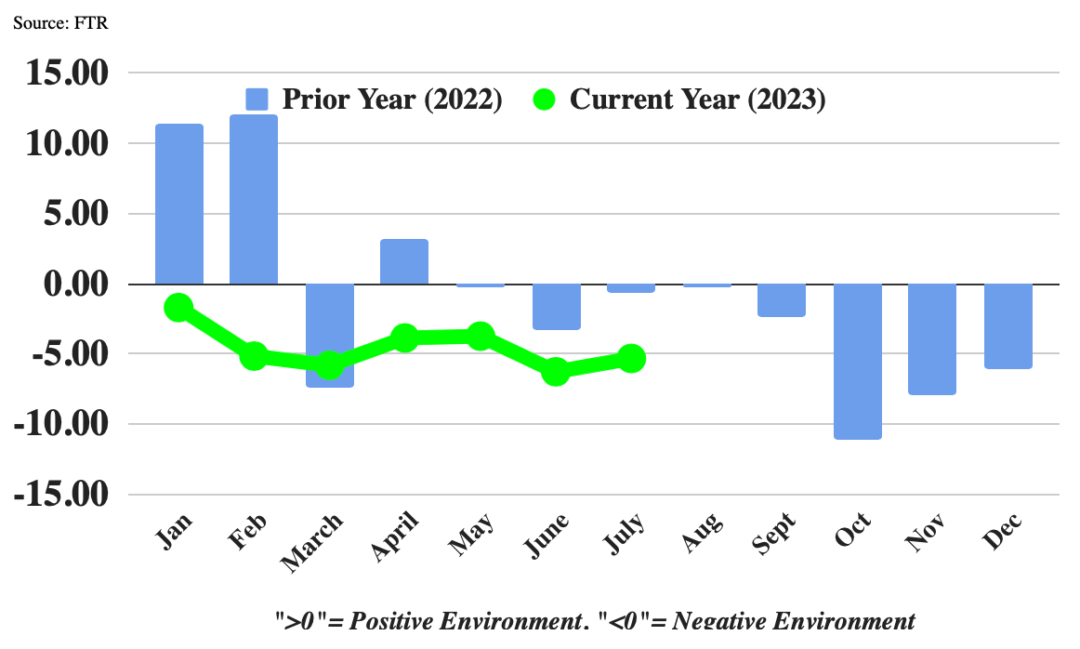Reshaping Carrier-Broker Dynamics for a Fairer Freight Industry
The freight industry has long been marked by an unbalanced power dynamic between carriers and brokers. Carriers, responsible for transporting goods, are often at the mercy of brokers who negotiate rates and control access to loads. However, a paradigm shift is occurring as the industry reimagines the relationship between carriers and brokers. This shift aims to transform the freight landscape by achieving a fairer and more equitable industry. In this article, we will explore how this balance shift is reshaping carrier-broker dynamics and empowering all players in the logistics sector.
Reimagining Carrier-Broker Relations: A Paradigm Shift
Traditionally, carriers have faced challenges in their relationship with brokers. They often find themselves accepting low rates due to a lack of negotiation power. However, the paradigm shift in the freight industry is bringing about a transformation in carrier-broker relations. Carriers are now demanding fairer rates and more transparent negotiations. This shift is driven by the realization that carriers are the backbone of the transportation industry and their contributions should be duly recognized and compensated.
To achieve a fairer dynamic, carriers are increasingly forming partnerships and networks that allow them to have a more direct relationship with shippers. By bypassing brokers, carriers can negotiate rates and secure loads more efficiently. This empowerment of carriers is not only beneficial for them individually but also for the industry as a whole. It fosters healthy competition and encourages brokers to adapt their practices to better align with the needs and expectations of carriers.
Transforming the Freight Landscape: Achieving Equity
The balance shift in carrier-broker dynamics is instrumental in transforming the freight landscape and achieving equity within the industry. The focus is now on creating a level playing field where carriers are respected as valuable partners rather than mere service providers. This transformation is driven by advancements in technology, which have made it easier for carriers to connect directly with shippers. Digital platforms and online marketplaces provide carriers with greater visibility, enabling them to negotiate fairer rates and secure loads that match their capacity and preferences.
Moreover, carriers are embracing data analytics and automation to optimize their operations, enhance efficiency, and provide better service. This shift towards a data-driven approach benefits carriers, shippers, and brokers alike. It allows for more accurate pricing, streamlined operations, and improved customer satisfaction. By embracing these technological advancements, carriers are gaining more control over their business, making the freight industry more equitable and efficient.
Unveiling a New Era: Empowering All Players in Logistics
The balance shift in carrier-broker dynamics marks the beginning of a new era in the logistics sector, one where all players are empowered to thrive. This shift not only benefits carriers but also brokers and shippers. Brokers are encouraged to enhance their value proposition by offering specialized services, managing capacity more efficiently, and providing greater transparency in negotiations. Shippers, on the other hand, are presented with a wider range of carrier options and more competitive rates.
As the industry continues to evolve, it is important for all players to collaborate and adapt to the changing dynamics. By embracing transparency, fairness, and technological advancements, the freight industry can achieve a more balanced and productive ecosystem. The balance shift in carrier-broker dynamics lays the foundation for a fairer freight industry where all players can flourish and contribute to its growth.
The balance shift in carrier-broker dynamics is reshaping the freight industry, reimagining the relationship between carriers and brokers. This shift towards fairness and equity is driven by carriers demanding better rates and transparency in negotiations. By bypassing brokers and forming partnerships with shippers, carriers are gaining more control over their business. The transformation of the freight landscape is achieved through advancements in technology, which enable carriers to connect directly with shippers and optimize their operations. This paradigm shift empowers all players in the logistics sector, leading to a new era of collaboration and prosperity.















